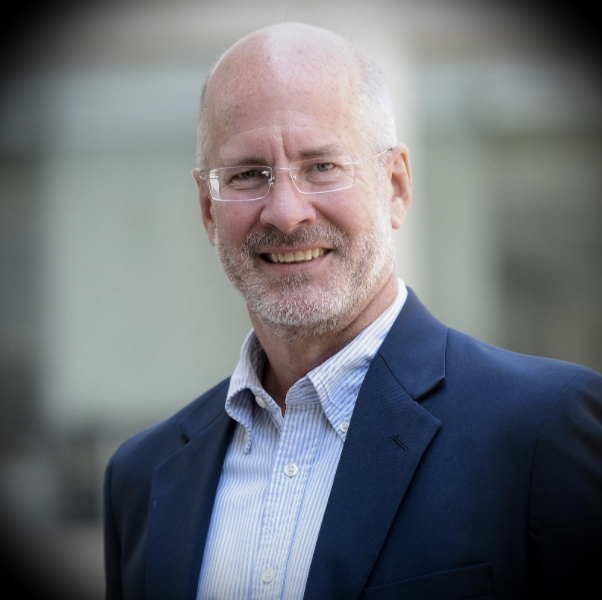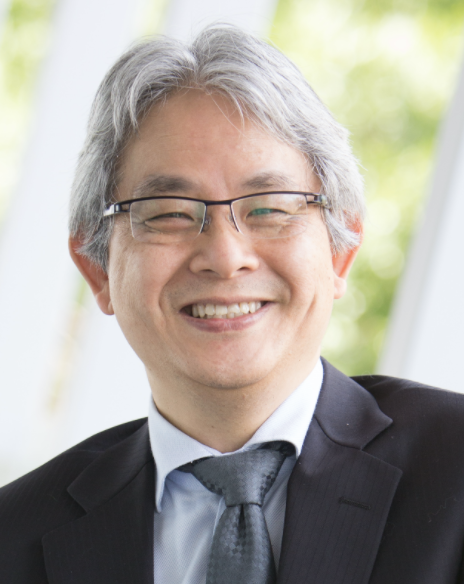Heralded as the “Starbucks of China,” Luckin Coffee burst onto the
scene in 2018 when it opened its first location in Beijing. The Company achieved unicorn status within a year and soon became a Wall Street darling, doubling its valuation to $12 billion just 8 months after it’s IPO. The Company had been growing at a blinding pace and had just become the largest coffee chain in China when the empire began to topple…To hear the full story tune in to Episode 17 on The Great Fail.
Download the PDF Report on Luckin Coffee : Fraud + Fundamentally Broken Business (Anonymous Source)
Episode Sources:
Luckin Stock Is as Stale as Day Old Coffee
What the Wirecard and Luckin Coffee scandals can teach Asia’s boards
Luckin Coffee co-founder apologizes for accounting scandal and promises fight to save the company
Luckin Coffee: Scandal-hit chain raided by regulators in China
New Details Emerge In Luckin Coffee Accounting Scandal
The instant rise and fall of Luckin Coffee
Why Luckin Coffee Stock Plunged 50% Today
WalkIn Case Study: The Luckin Coffee Story and What It Means for India
2018 Success Case Study: Luckin Coffee – A Local Coffee Chain with an Internet Business Model
Luckin Coffee: Fraud + Fundamentally Broken Business
Behind the Fall of China’s Luckin Coffee: a Network of Fake Buyers and a Fictitious Employee
TIMELINE-Luckin Coffee’s journey from hot startup to $5bln share wipeout
MUDDY WATERS IS SHORT LUCKIN COFFEE STOCK: HERE’S WHY
China’s Luckin Coffee Tries To Conquer A Nation Of Tea Drinkers
Luckin Coffee continues ambitious rampage: Is it really China’s Starbucks — or the next Ofo?
China’s Luckin Coffee raises $150 million in funding from BlackRock and other investors
Painful Lessons From The Luckin Coffee Scandal
Special Guest:

Dr. Steven White
Associate Professor in the Department of Innovation, Entrepreneurship and Strategy of Tsinghua University’s School of Economics and Management
Dr. Steven White is Associate Professor in the Department of Innovation, Entrepreneurship and Strategy of Tsinghua University’s School of Economics and Management, where he focuses on issues related to creativity and innovation, entrepreneurship and internationalization. He has also served as Associate Academic Director of Tsinghua University’s x-lab, a resource platform and ecosystem hub that brings together students, alumni, faculty and executives to develop the entrepreneurial capabilities in teams as they develop new ventures. His current research projects investigate the role of entrepreneurship in the emergence of new industry ecosystems, the evolution of China’s VC industry, and a comparison of the artificial intelligence (AI) ecosystems in China and the USA. He is also an angel investor and provides strategic advice to new ventures. He has published extensively in international journals, and each year 2015-2019 has been recognized as one of the top 20 China-based management scholars based on his publications and citations. Before joining Tsinghua, Dr. White taught at INSEAD, the China Europe International Business School and the Chinese University of Hong Kong. He received his Ph.D. from MIT’s Sloan School of Management, MA from the International University of Japan, and BS from Duke University. He is a United States citizen and a Permanent Resident of China and resides in Beijing.

Mak Yuen Teen, PhD, FCPA
Associate Professor Mak Yuen Teen, PhD, FCPA (Aus)
NUS Business School
Professor Mak Yuen Teen is an associate professor of accounting at the NUS Business School, where he teaches corporate governance.
He has served on various corporate governance committees for developing or revising corporate governance codes for listed companies and other organizations in Singapore, including the latest code for listed companies published in 2018. He currently serves on the Corporate Governance Advisory Committee set up by the Monetary Authority of Singapore. He was a member of the audit advisory committee of UN Women for six years, and prior to that, a member of a similar committee at the UN Population Fund, both based in New York. He has served on several large not-for-profit boards in Singapore.
